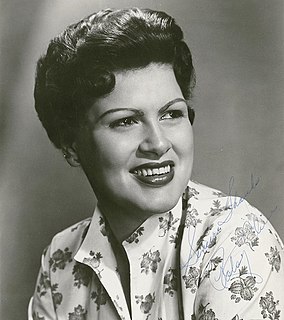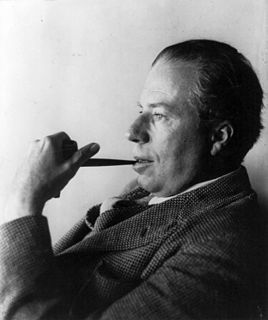A Quote by Jacqueline Woodson
Every time you revisit a book, you get something else out of it.
Quote Topics
Related Quotes
I have to get three pages done every day, and there's usually a point about 150 pages in where everything falls apart, where all the plans are for naught. The book has become something else, and I have a nervous breakdown, and then I submit to what the book has become, and I keep going, and that's a terrible and then a great time.
I try to write every day. I don't beat myself up about word counts, or how many hours are ticking by on the clock before I'm allowed to go and do something else. I just try to keep a hand in and work every single day, even if there are other demands or I'm on a book tour or have the flu or something, because then I keep my unconscious engaged with the book. Then I'm always a little bit writing, no matter what else I'm doing.
I doubt if I shall ever have time to read the book again -- there are too many new ones coming out all the time which I want to read. Yet an old book has something for me which no new book can ever have -- for at every reading the memories and atmosphere of other readings come back and I am reading old years as well as an old book.
A book coming out into the world can be a harsh, harsh time. And your feelings are on the line. Everything that publication is about is really not what your writing is about. Your writing is coming out of something else, and publication and being in the public are something else. And those of us who have published, in whatever way we're published, are very fortunate.






































